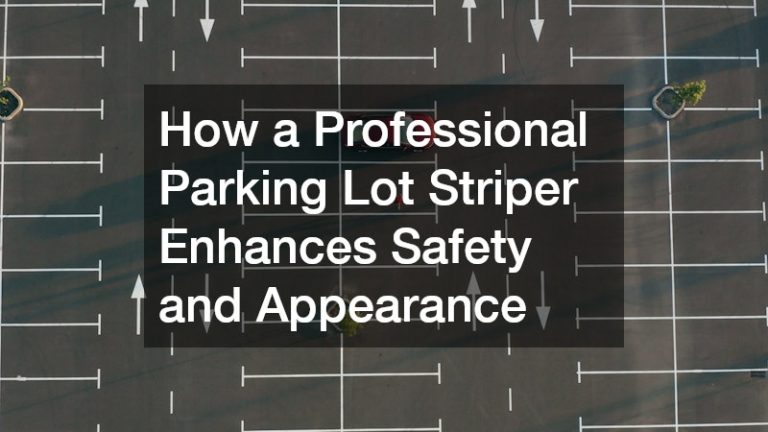

A commercial fire sprinkler system is a system of pipes that are connected to sprinklers located throughout a commercial structure such as an office building, a shopping center, schools, and multi-family residences such as condo developments. In the case of a fire heat will reach the sprinkler head, at which time, either being made of glass or a two-part metal link which is kept together by a dissolvable compound, the head will break and spray water into the room. Sprinklers work independently from each other and the heat must shatter each glass sprinkler head individually for them to break. A commercial fire sprinkler system will cause less damage to a property than will a hose used by the fire department in that the pressure of the water emitted from the sprinklers is much less powerful. In addition, sprinklers will take action within one to four minutes from when a fire is detected, whereas the fire department will usually take five minutes to arrive at the site and another ten minutes to connect their equipment and begin sending streams of water onto the fire.
When purchasing a building for commercial purposes, perspective owners must be sure that there is a working commercial fire sprinkler system in place. This being of paramount importance, there are local fire protection services that can be called in any town or city of the building’s location. In the case of new construction, a fire protection contractor must be employed in order to meet with the new owner as well as the builder to map out the incorporation of an up to code commercial fire sprinkler system. The building will be neither inhabitable nor operative without one. Buildings that offer overnight accommodations, such as hospitals and nursing facilities, dormitories, and hotels will be required to install a commercial fire sprinkler system in order to adhere to local codes or to obtain certification, which is necessary where medical staff will be trained. Some insurance companies will require owners of commercial buildings to install a commercial fire sprinkler system to aid in possible reduction of property damage or loss. If a local building code does not mandate the use of sprinklers, there may be something in that code that makes their installation very beneficial to the owner to further encourage their use. Half of commercial property fires occur in apartments, offices, hotels, or medical facilities.
For whatever purpose a commercial building is used, whether it be a condo development where people will live, a shopping center, an office building, or a hospital, just a few examples, a fire protection system must be in place. It must be working and it must include an evacuation plan made available to all who live and work within the confines of the building or buildings. Exits must be clearly marked as part of the evacuation plan, and easily accessible to everyone. The evacuation plan must be inclusive of a plan for disabled persons, especially in the case of hospitals and nursing facilities. Non-confined fires caused by faulty electrical systems contribute to 19% of fires in hospitals, and 55% of confined fires in medical facilities happen in the kitchen areas. Records show that between the years of 2006 and 2010, firefighters were called to approximately 6,240 structure fires either in or on health care facility properties each year.
In condo developments, as well, the owner and the property manager must see to it that the building’s commercial fire sprinkler system is inspected and kept up to date on a regular basis. Studies show that having an early warning system in place as well as a working sprinkler system in all commercial buildings could aid in reducing both property damage and loss of life by 50%. Regular maintenance of the commercial fire sprinkler system is the reason why there is no existing record of more than two people dying as a result of a fire in a location where the system is kept up to date and fully operational. Statistics show that 44% of fires involving chemical systems were because of the failure of owner’s to keep up with the system’s maintenance. Read more.





